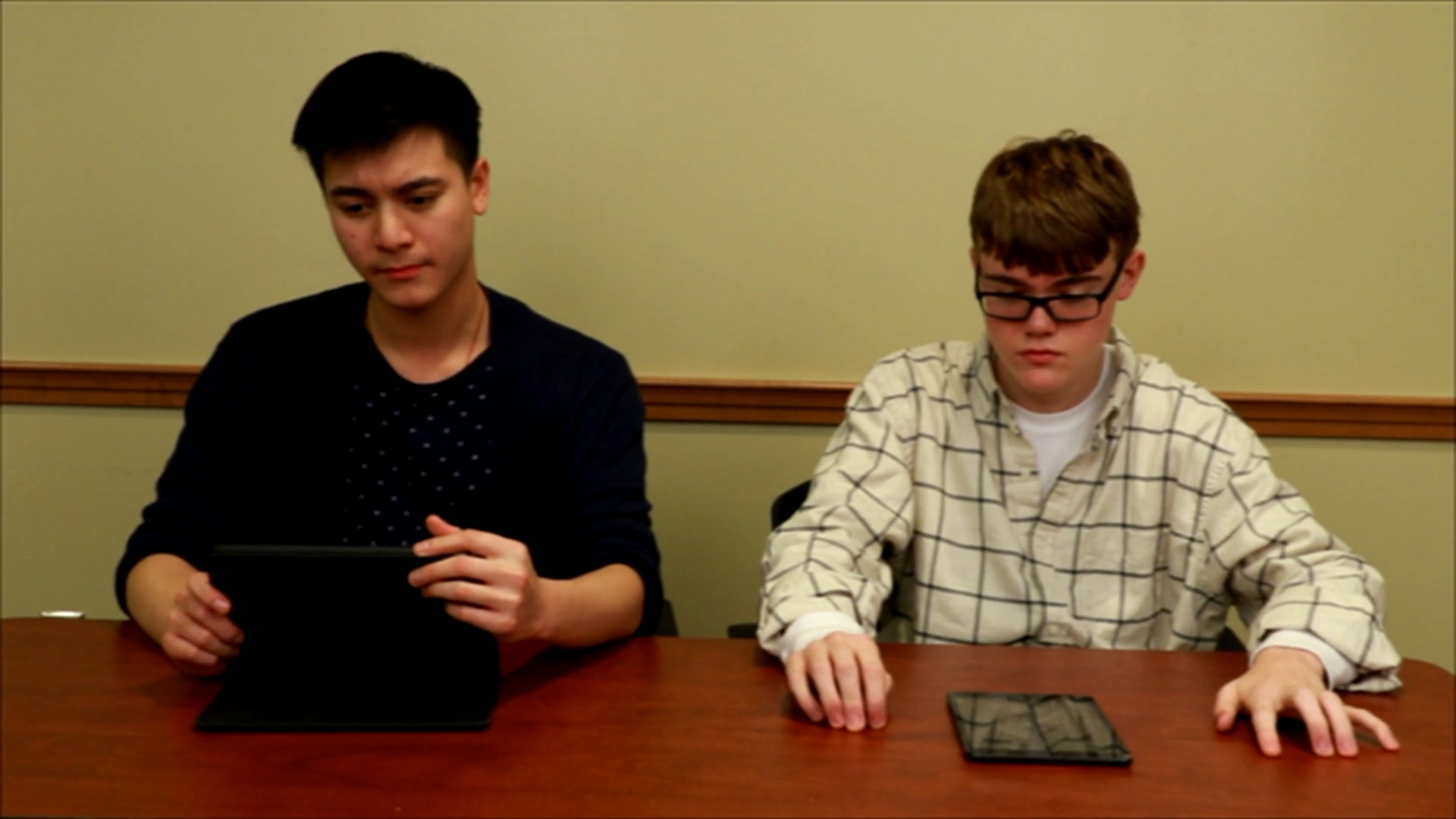
Introduction
In the world of social-emotional learning, educators often strive to encourage honesty and open communication among students. However, there are situations where telling a small, harmless untruth, known as a “white lie,” can be beneficial to maintain positive social interactions. This blog post will explore the concept of white lies, provide a no-prep activity for educators, and discuss related social-emotional skills.
No-Prep Activity: The White Lie Role-Play
This activity requires no preparation or materials and is designed to help students understand the concept of white lies and their role in fostering positive social interactions. Have students pair up and provide them with a scenario in which one student asks the other a question, and the response requires a white lie. For example:
- Student A: “Do you like my new haircut?”
- Student B: “Yes, it looks great!” (even if they don’t like it)
Encourage students to come up with their own scenarios and practice using white lies in a positive and supportive manner. This activity will help students recognize the importance of considering others’ feelings in social situations.
Discussion Questions
- When is it appropriate to tell a white lie, and when is it better to be honest? Can you think of any examples?
- How can telling a white lie help maintain positive social relationships?
- What are some potential downsides of telling white lies, even with good intentions?
- How can we balance honesty and empathy in our everyday interactions with others?
- Can you think of a time when you told a white lie to avoid hurting someone’s feelings? How did it affect your relationship with that person?
Related Skills
Beyond the concept of white lies, there are other social-emotional skills that educators can help students develop to foster positive social interactions:
- Empathy: Understanding and sharing the feelings of others, allowing students to respond with kindness and support.
- Active Listening: Paying close attention to what others are saying and responding in a thoughtful and considerate manner.
- Conflict Resolution: Addressing disagreements or misunderstandings in a respectful and constructive way.
- Assertiveness: Expressing one’s thoughts and feelings openly, while respecting the thoughts and feelings of others.
Next Steps
White lies can be a valuable tool for promoting positive social interactions and fostering a supportive learning environment. To further explore this skill and other related social-emotional skills, we encourage you to sign up for free samples of our materials. Visit Everyday Speech’s sample materials page to access a variety of resources designed to help educators promote social-emotional learning in their classrooms.

